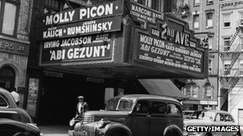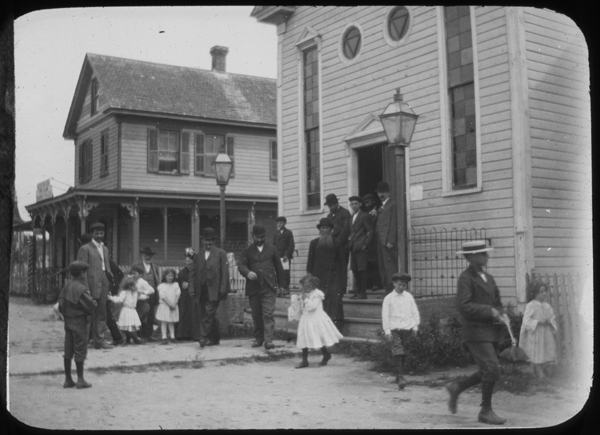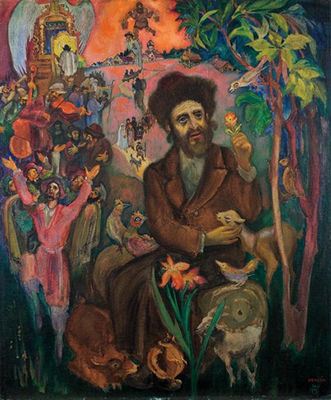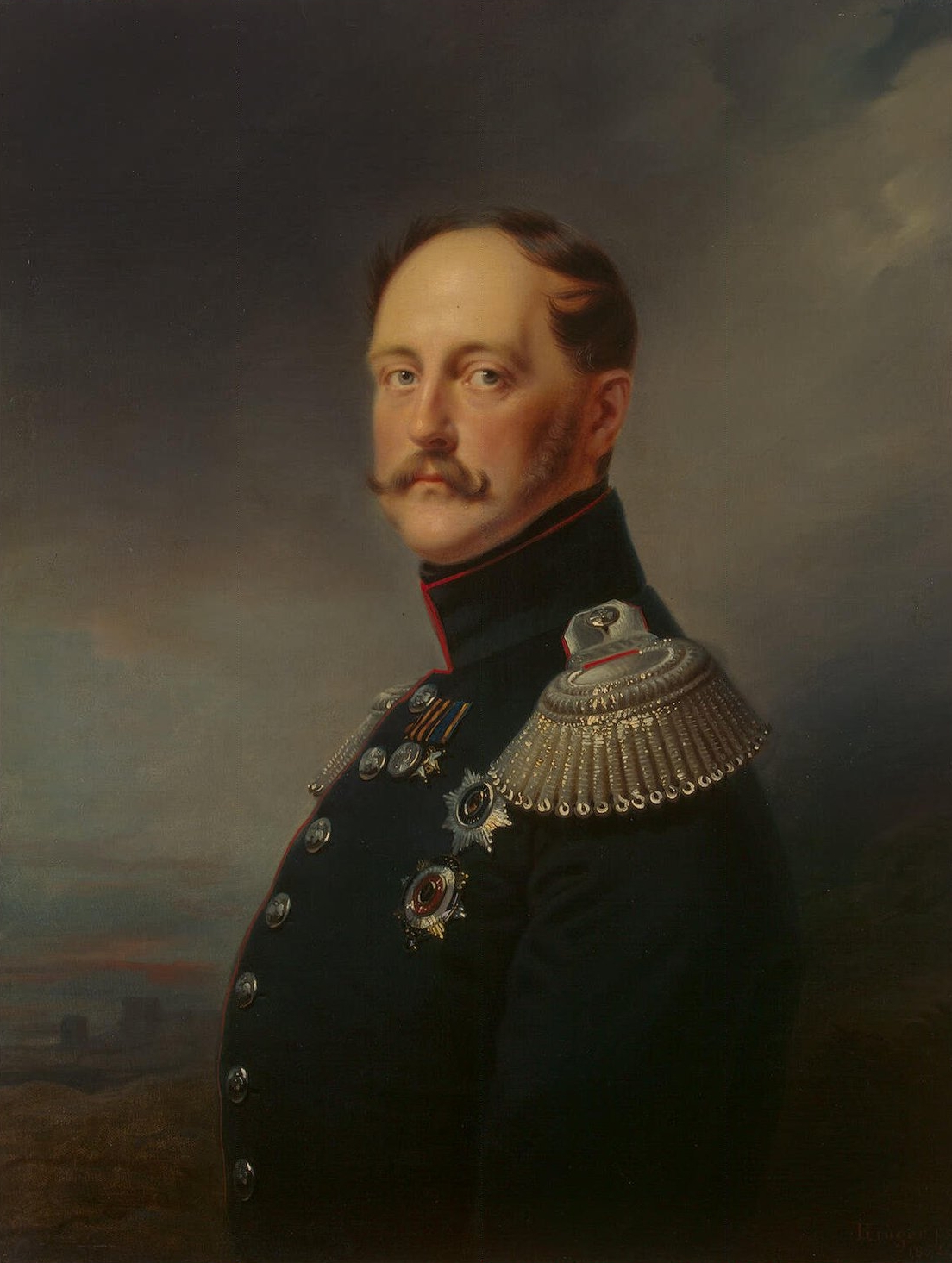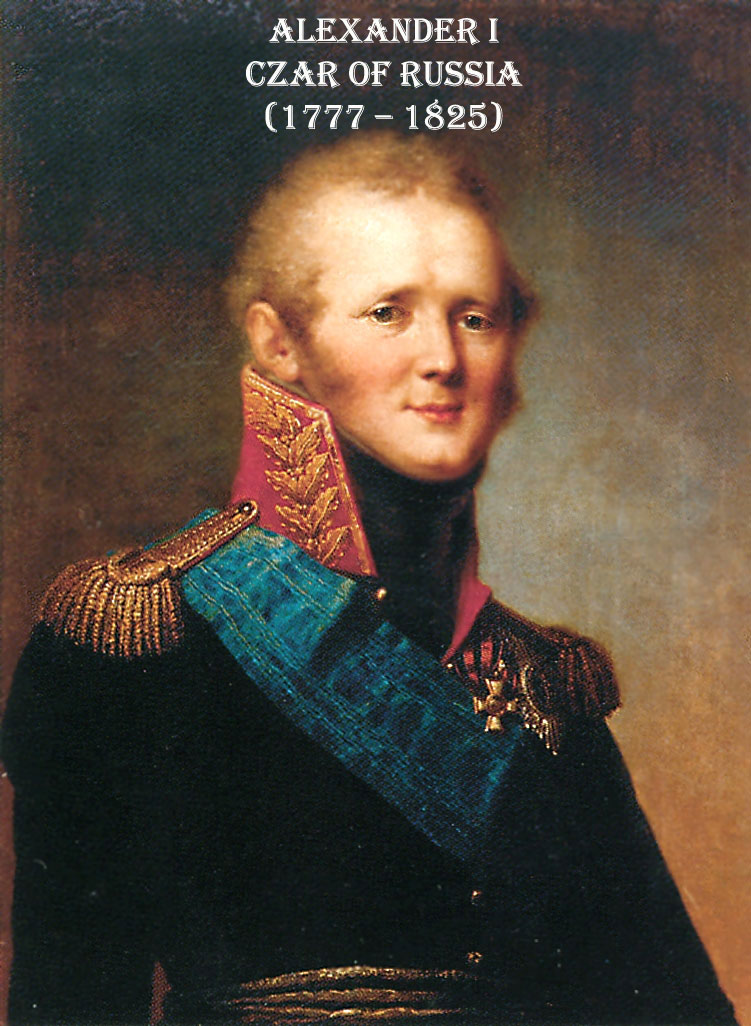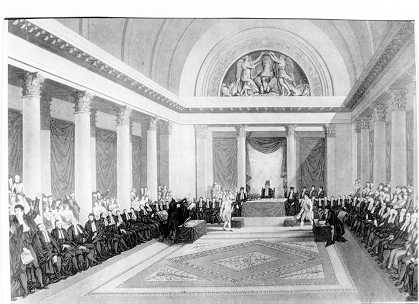Among its revolutionary changes, the Chassidic movement reawakened within the Jewish people the tremendous longings for the Messiah and the Messianic era. After the debacles of Shabbetai Tzvi, Jacob Frank and other false messiahs there was a strong negative approach toward any messianic ideas. There is a great saying in Yiddish: “If you burn yourself on hot soup, you’ll blow even on a cold drink.”
Even though Jews believed in the Messiah and the rabbis certainly preached belief, they had ceased preaching – or toned down considerably — that his arrival was imminent or even feasible in the here and now. Rather, they postponed the Messiah in the minds of people, because they were afraid that one more disappointment, one more charlatan, one more disaster, would be a calamitous blow from which the Jews could not recover.
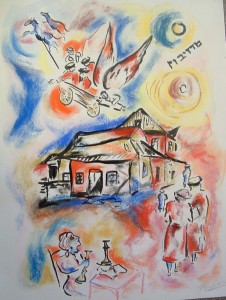
Therefore, during the entire 1700s, the idea of the Messiah was cooled among the Jews. This is seen in the writings and sermons of the time. The Noda B’Yehudah, Rav Yechezkel Halevi Landau, was the Chief Rabbi of Prague and one of the greatest scholars of all time. He bitterly opposed the Chassidim. He gave a sermon about a verse in Hosea (14:10), “The ways of God are straight and the righteous walk in them, but the sinners stumble in them.” The righteous go on the straight path and are successful, but the sinners, even if they go on the right road, will fall. Rabbi Landau was so anti-Chassidim that he substituted the word “Chassidim” for “sinners.” He was anti-Chassidic because he was afraid, as he wrote to his son once, of the Messianic quality of it. The Jews could not afford another false Messiah.
Chassidus was able to revive the belief in the Messiah, and in such a positive and healthy way, that it no longer was a danger. It is one of the ironies that the Zionist movement could not have been successful were it not for Chassidus. A great proportion of left-wing Socialists were the sons and grandsons of very pious Chassidim who had that weltanschauung of a utopia, of a world that could be made better, of instant change. The Chassidim believed that if their Rebbe wanted to, he could bring the Messiah.
There are legends about Rebbes convening to bring the Messiah, but something always interfered with the successful completion of their mission, because Heaven did not want it to occur. The basis of the legend, though, is that it is possible for us to bring the Messiah; it is up to us; we can force Heaven’s hand, so to speak. That is a radical idea, and the Chassidim were the ones to restore it, to bring it back to the fore. It became the basis for a stronger and greater optimism among the Jewish people than had existed in the century before. It almost wiped out the bad taste and the frightening aspects of the Shabbetai Tzvi debacle.
Because of that, its effect was far more wide-reaching than people are ready to credit. This became especially true as Chassidus grew, and from about 1850 onward it became the establishment. When it became the establishment, it was the end of the revolution. Chassidus became the defender of the faith. Now, the Chassidim and the Misnagdim would have to unite to face a new enemy, an enemy that threatened the existence of traditional Judaism per se: the Haskalah. That, in effect, brought an end to the disagreement between the Chassidim and the Misnagdim.


